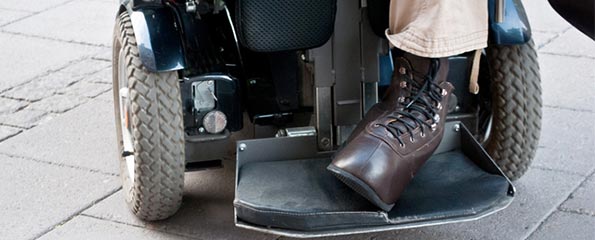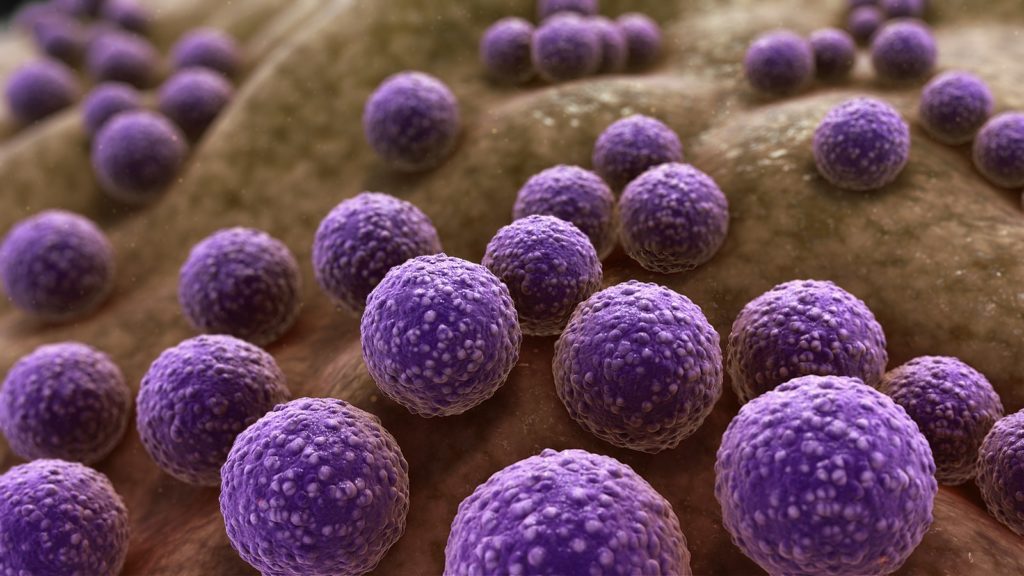This study will evaluate hepatitis C virus (HCV) infection in blood donors who test positive for antibodies to this virus. Most HCV-infected people do not become ill and are not aware that they have hepatitis or have had it in the past. Some infected people recover completely, whereas others remain chronically infected. The study will try to define infectivity of anti-HCV positive individuals, routes of transmission of the virus, and the number of HCV-infected persons who have evidence of liver disease.
Official Title
Epidemiology, Infectivity and Natural History of Hepatitis C Virus Infection in a Blood Donor Population
Conditions
Hepatitis C
Study Type
Observational
Study Design
Natural History
Further Details
At initiation of this study in 1991, approximately 0.6% of U.S. blood donors were identified as having antibody to the hepatitis C virus (anti-HCV). This represented 72,000 of the estimated 12 million annual U.S. blood donations. By investigating a cohort of anti-HCV positive donors, this study aims to determine: 1) the specificity of the HCV antibody assay; 2) the primary routes of HCV transmission in an asymptomatic donor population; 3) the relationship between anti-HCV and evidence of acute or chronic liver disease; 4) the infectivity of anti-HCV positive individuals as judged by measurement of HCV RNA and by investigation of their sexual partners and prior blood recipients; 5) the chronic consequences of HCV infection. The study does not directly provide treatment for HCV infection. Enrollment is limited to persons identified as anti-HCV positive at the time of blood donation and persons from any source found to have clinical or molecular evidence of acute hepatitis C virus infection.
Study Start
Eligibility & Criteria
Genders Eligible for Study: Both Criteria INCLUSION CRITERIA:Blood donors will be enrolled from among participants in the blood programs of the National Institutes of Health/Clinical Center/Department of Transfusion Medicine (NIH/CC/DTM) and the American Red Cross/Central Maryland Chapter/The Greater Chesapeake and Potomac Regional Blood Services (ARC).Enrollment will be restricted to those who test positive in the anti-HCV screening assay.To fulfill criteria for study entry, the donor must:a) be anti-HCV+ at the time of donation.b) be 18 years of age or older.c) be able/willing to travel to NIH for blood sampling 4 times in the first year of study and semi-annually thereafter and willing to have an annual history and physical examination.d) provide informed consent.EXCLUSION CRITERIA:Donors who do not consent or who do not meet eligibility criteria will be excluded from the study with appropriate explanation.
Total Enrolment
1000
Contact Details
[1] Warren G. Magnuson Clinical Center (CC), 9000 Rockville Pike, Bethesda, Maryland
All content and media on the HealthEngine Blog is created and published online for informational purposes only. It is not intended to be a substitute for professional medical advice and should not be relied on as health or personal advice. Always seek the guidance of your doctor or other qualified health professional with any questions you may have regarding your health or a medical condition. Never disregard the advice of a medical professional, or delay in seeking it because of something you have read on this Website. If you think you may have a medical emergency, call your doctor, go to the nearest hospital emergency department, or call the emergency services immediately.







